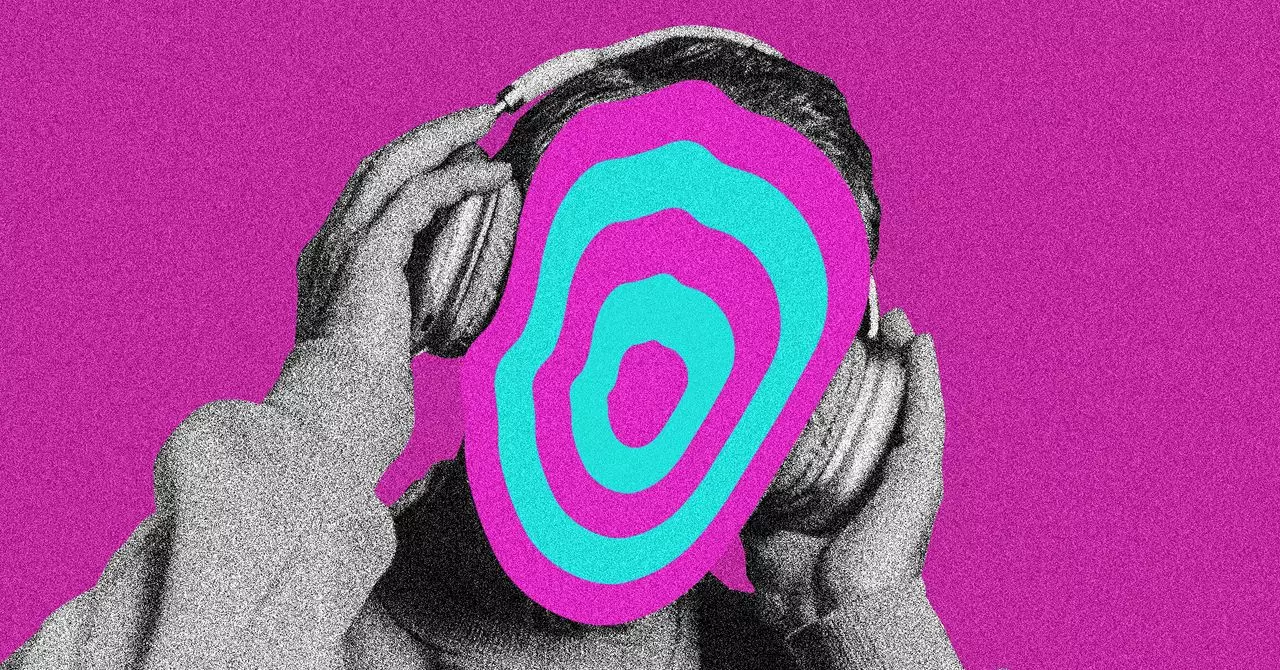In recent years, artificial intelligence has transitioned from a speculative technology to a pervasive presence across all facets of digital life, including the realm of music. Streaming platforms like Spotify and Deezer now grapple with an influx of AI-generated content, challenging traditional notions of authorship, creativity, and authenticity. While some view AI as an innovative tool that can democratize music production and unlock new artistic avenues, others warn of an insidious shift that threatens the integrity of musical artistry and consumer trust. The proliferation of AI music—ranging from novelty tracks with explicit themes to genre-specific imitations—illustrates not only technological progress but also a complex ethical landscape that demands urgent scrutiny.
The Rise of AI-Generated Content and Its Many Faces
One of the most startling developments is the emergence of AI-produced songs that deliberately push boundaries—sometimes embracing provocative or explicit themes that might have been taboo in traditional contexts. For example, tracks like “Make Love to My Shitter” and other parody or adult-oriented songs actively use AI to generate humorous or bawdy content. Creators, like the anonymous “JB,” leverage AI tools to produce these works quickly and monetize them through platforms like Patreon and Bandcamp. Despite modest earnings, their existence raises questions about the limits of free expression and the ease with which AI can produce and disseminate such material without oversight.
Simultaneously, AI-generated music extends beyond novelty acts into mainstream genres. Reports indicate that songs imitating 70s soul, country, or pop styles—sometimes indistinguishable from human-produced music—are swiftly populating streaming catalogs. Curiously, some of these tracks are more than mere parodies; they demonstrate a capacity for nuanced genre emulation, blurring the lines between authentic artistry and algorithmic mimicry. The phenomenon exemplifies the double-edged nature of AI: it can serve as a tool for creative experimentation or as a source of deception and market saturation.
Impacts on Industry and Consumer Experience
The practical implications for the music industry are profound. Platforms like Deezer report that approximately 18% of daily uploads are flagged as AI-generated, a figure that amounts to hundreds of thousands of new tracks per month. While automated systems are start to detect and remove some AI content, gaps remain—particularly in preventing AI tracks from infiltrating recommendation algorithms. The result is an ecosystem where consumers may unwittingly encounter AI-produced music, sometimes presented as genuine human artistry, potentially distorting expectations and influencing listening habits.
From a consumer standpoint, the presence of AI content raises concerns about authenticity and transparency. Despite existing policies on platforms like YouTube, which require labeling AI content or banning deepfake-style impersonations, streaming giants lack comprehensive disclosure rules for AI-generated music. This opacity cultivates a environment where listeners cannot reliably distinguish between human and machine-made music, feeding into a larger narrative about authenticity in the digital age.
Ethical Dilemmas and the Future of Musical Creativity
As AI-generated music becomes more prevalent, industry stakeholders face pressing ethical questions. Should platforms implement a complete ban on uploading AI music? Or is there value in embracing AI as a collaborative tool for artists seeking new sounds and ideas? The debate hinges on whether AI is a threat to human creativity or merely a new extension of artistic expression. Critics argue that AI-generated songs lacking genuine emotional input risk devaluing the entire landscape of musical authenticity, potentially flooding the market with superficial content.
Furthermore, the rise of AI-generated art without clear licensing or attribution undermines the rights of human creators, especially as these algorithms mimic established artists or genres. The example of AI bands like Velvet Sundown achieving rapid popularity underscores how easily AI can manipulate visibility and market dynamics through automated promotion and content generation. Such developments challenge existing regulatory frameworks and necessitate a thoughtful reevaluation of intellectual property laws and ethical standards in digital music.
The seamless integration of AI into the music streaming ecosystem signals a pivotal transformation that will shape the future of musical innovation and industry regulation. While AI offers exciting possibilities—such as expanding creative boundaries and enabling new forms of expression—it also presents significant challenges that cannot be ignored. Striking a balance between fostering technological advancement and safeguarding artistic integrity will be crucial in navigating this uncharted territory. As consumers, creators, and platforms grapple with these changes, one thing remains clear: AI is no longer just a tool—it is an active participant in the ongoing evolution of music.


Leave a Reply